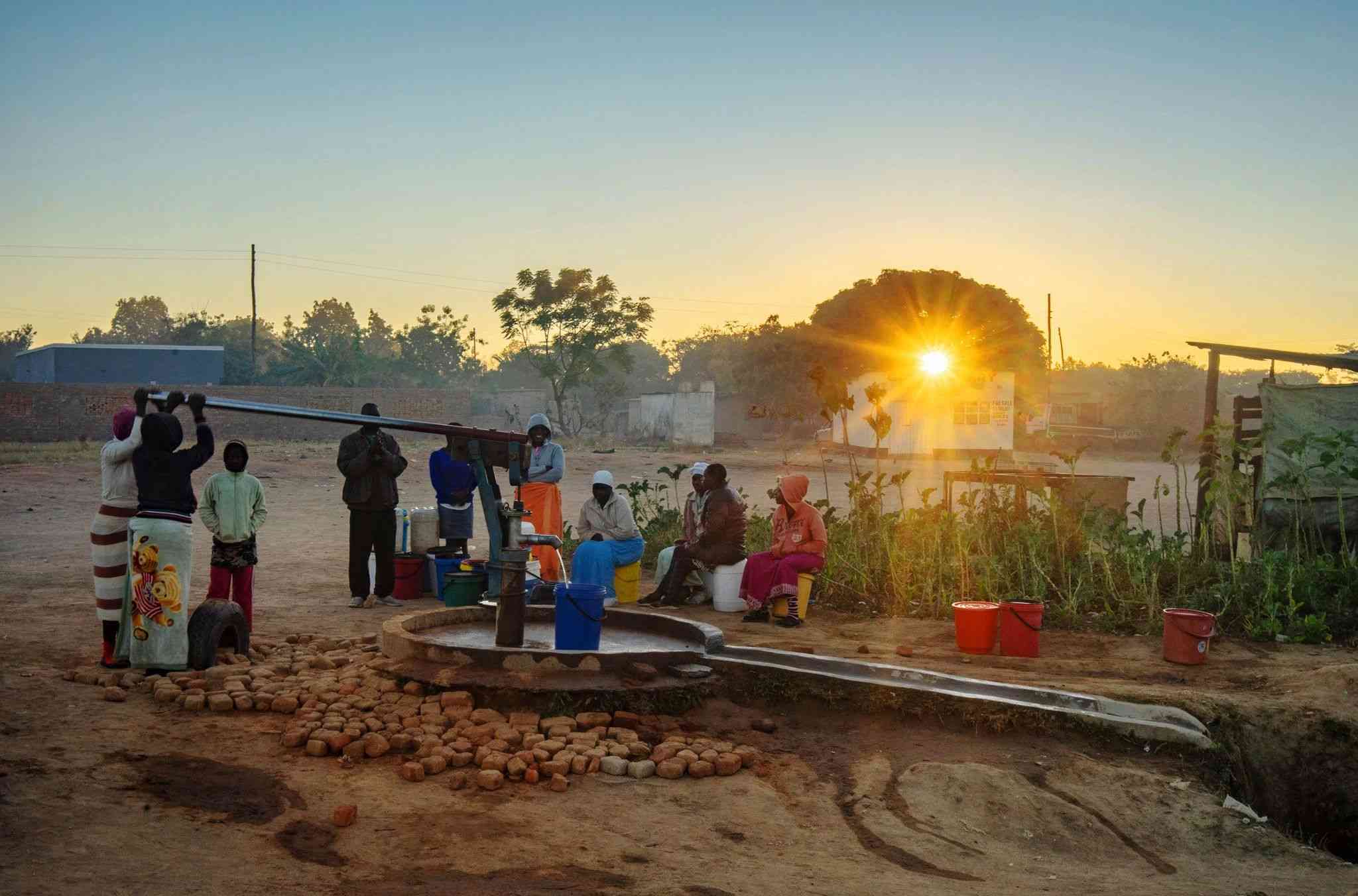
A BULAWAYO opposition legislator has moved a motion calling on the government to promote all 16 official languages equally.
Emakhandeni-Luveve legislator Discent Bajila (Citizens Coalition for Change) said it was concerning that some languages remained marginalised even in government departments.
The Constitution recognises 16 languages as official.
Speaking in the National Assembly on Thursday, Bajila said ordinary Zimbabweans were peculiar for their love of foreign languages but were reluctant to learn local languages.
“Our people are moving to the Bubi and Umguza area where isiXhosa is spoken, but have no appetite for learning it. If the same people get jobs in the Eastern Cape (South Africa), we find them speaking isiXhosa,” he said.
“People move and get to work in Beitbridge without an appetite to learn ChiVenda, but if they get a job in Thoyohandou, they begin to speak ChiVenda.
“Our people must find themselves capable of conversing among one another.”
He said there was need to establish a statutory body for the development and promotion of Zimbabwean languages.
- ED’s influence will take generations to erase
- ‘Govt spineless on wetland land barons’
- Govt under attack over banks lending ban
- Zim Constitution must be amended
Keep Reading
Bajila also proposed the elevation of Zimbabwe Indigenous Languages Promoters Association to a statutory body.
He complained about the failure by government to promote Sign Language.
Bajila said recognising all languages was key in complying with Section 6 of the Constitution.
“In 1987, our independent government came up with the Education Act and that Act emphasised further the promotion and development of the languages that the government of Southern Rhodesia and its partners had established,” he said.
“In 2013, we then adopted a new Constitution where we made numerous languages, specifically 16 languages, official languages of Zimbabwe. Section 6.1 of the Constitution actually says the State must promote those languages ...
“Luckily, Section 6.1 of the Constitution says the State must promote those languages. I, therefore, rise today to say; how then should the State do this promotion of the languages?”
Bajila queried why government departments were not promoting all languages.
“Today, we are at a point where despite the fact that we have 16 official languages, our State infrastructure and our statecraft have serious prominence for only three,” he said.
“If I am going to visit government offices in Binga, on my way to the government offices in Binga, there is no insignia that is written in Tonga. If I go to Chiredzi, there is no insignia that speaks in Shangani.
“If I go to Chipinge, there is no insignia that speaks in Ndau, yet in terms of our Constitution, the importance of Ndau and English is the same, the importance of Ndebele and Venda is the same, yet in terms of our Constitution, all our 16 languages must be given that kind of prominence even as we direct our people in terms of where to go to get government services.”
Bajila said there was a need to copy countries such as Ethiopia and South Africa that promote all their languages.
“We have some countries that have done extremely well. Here in the Global South, we have Ethiopia which designated and promotes 12 official languages and has done extremely well. We can learn from our brothers in Ethiopia,” he said.
“We also have India, (which has) a commission on the official languages of India and has a Permanent Committee of Parliament, which looks into issues of the official languages of India.
“We also have the Pan South African Language Board across the Limpopo, which also focuses on the official languages of South Africa and does a lot of work around them.”







